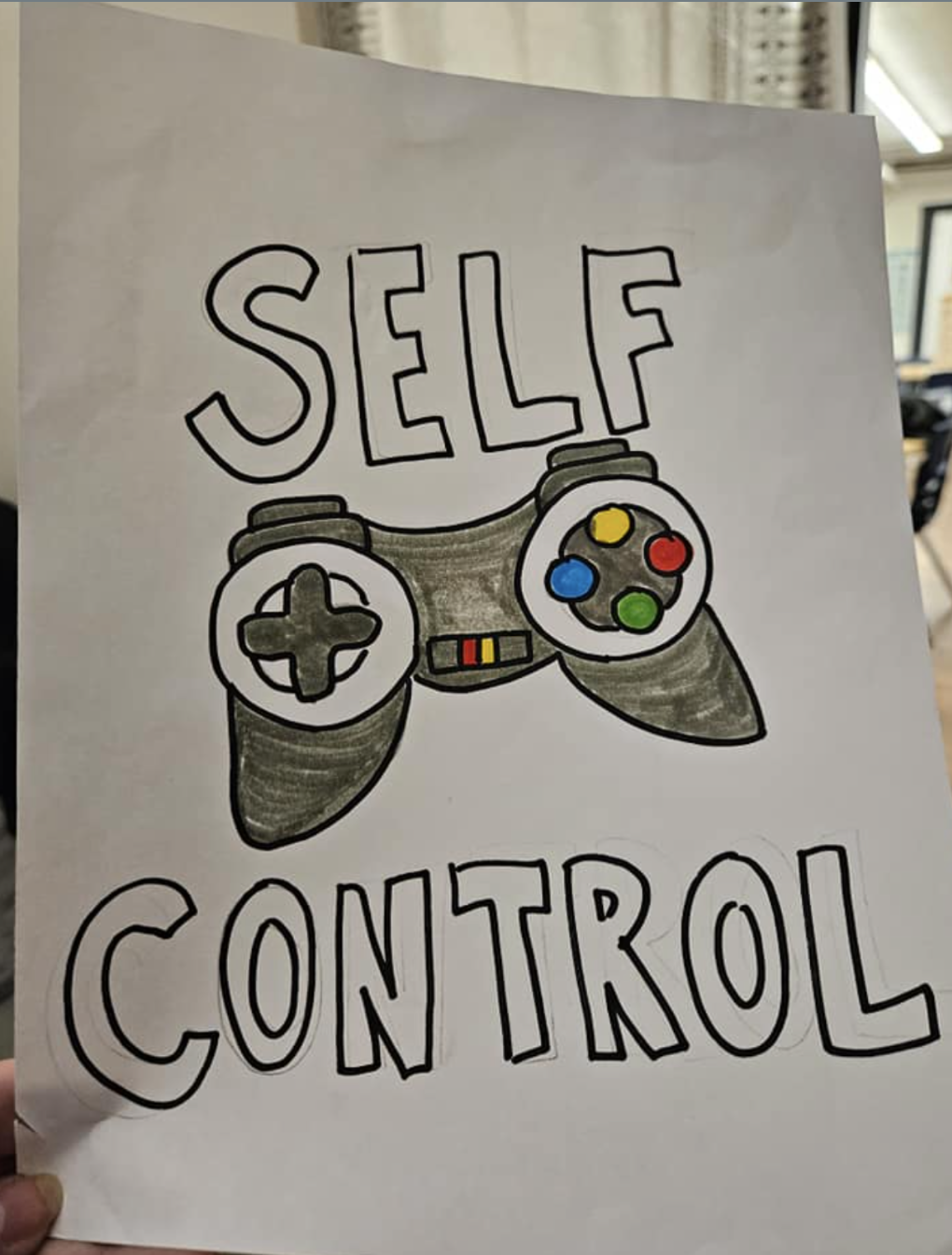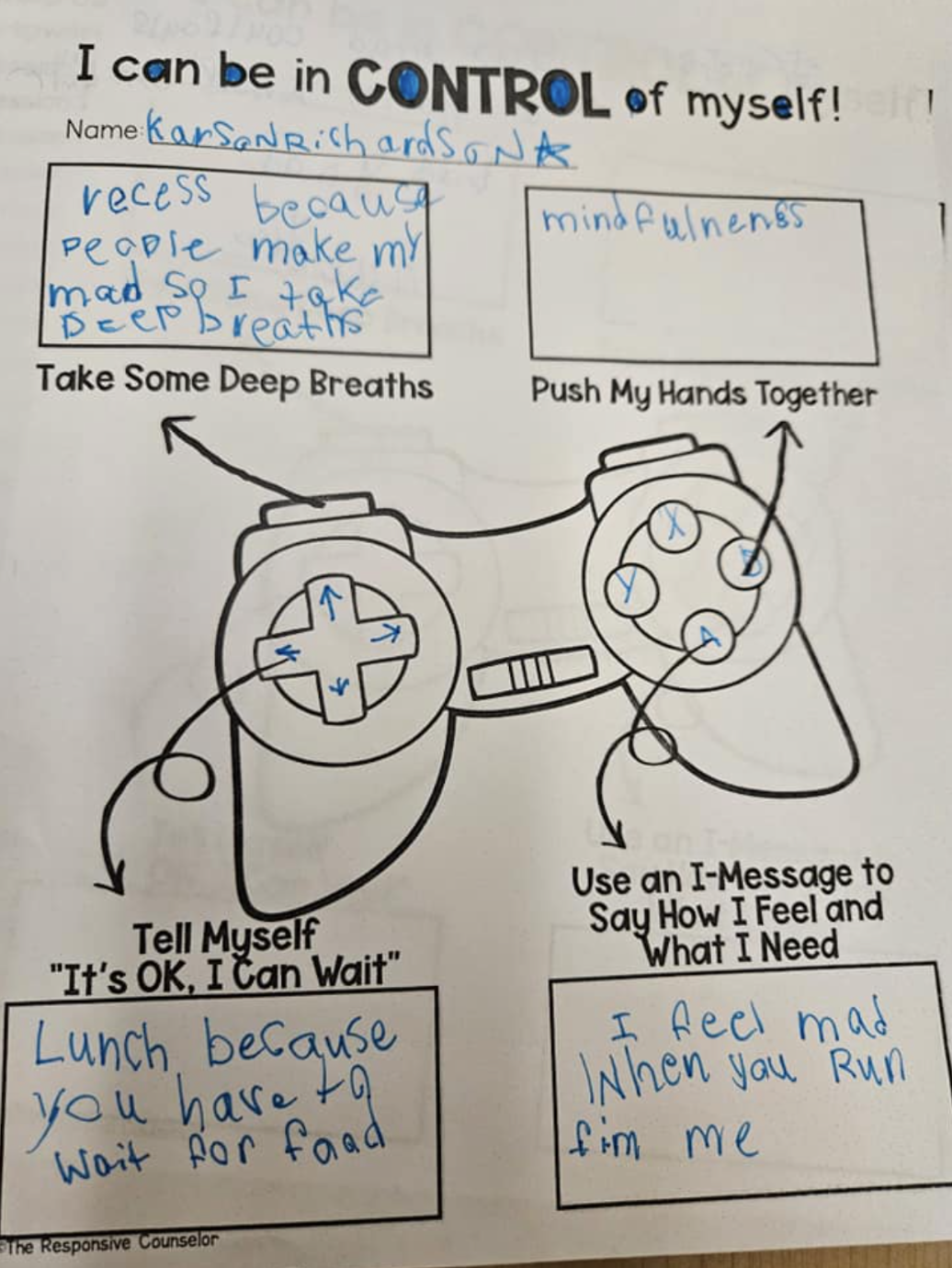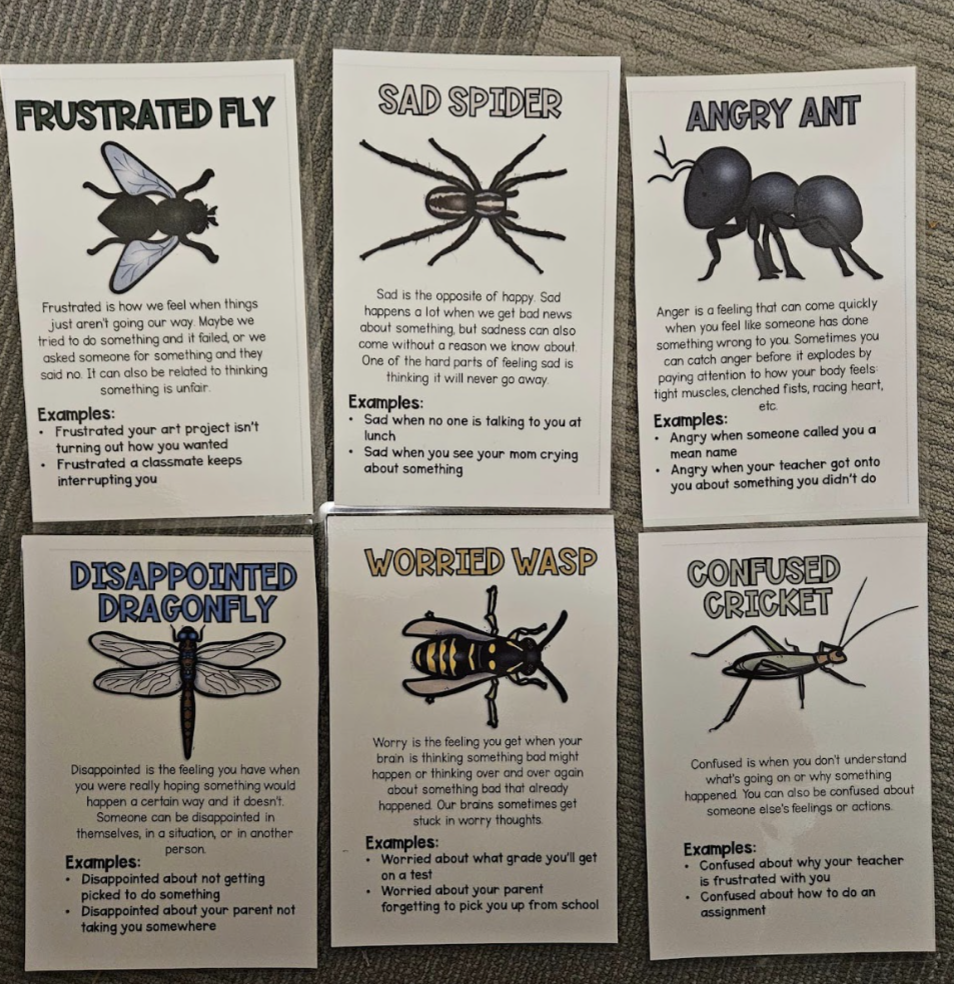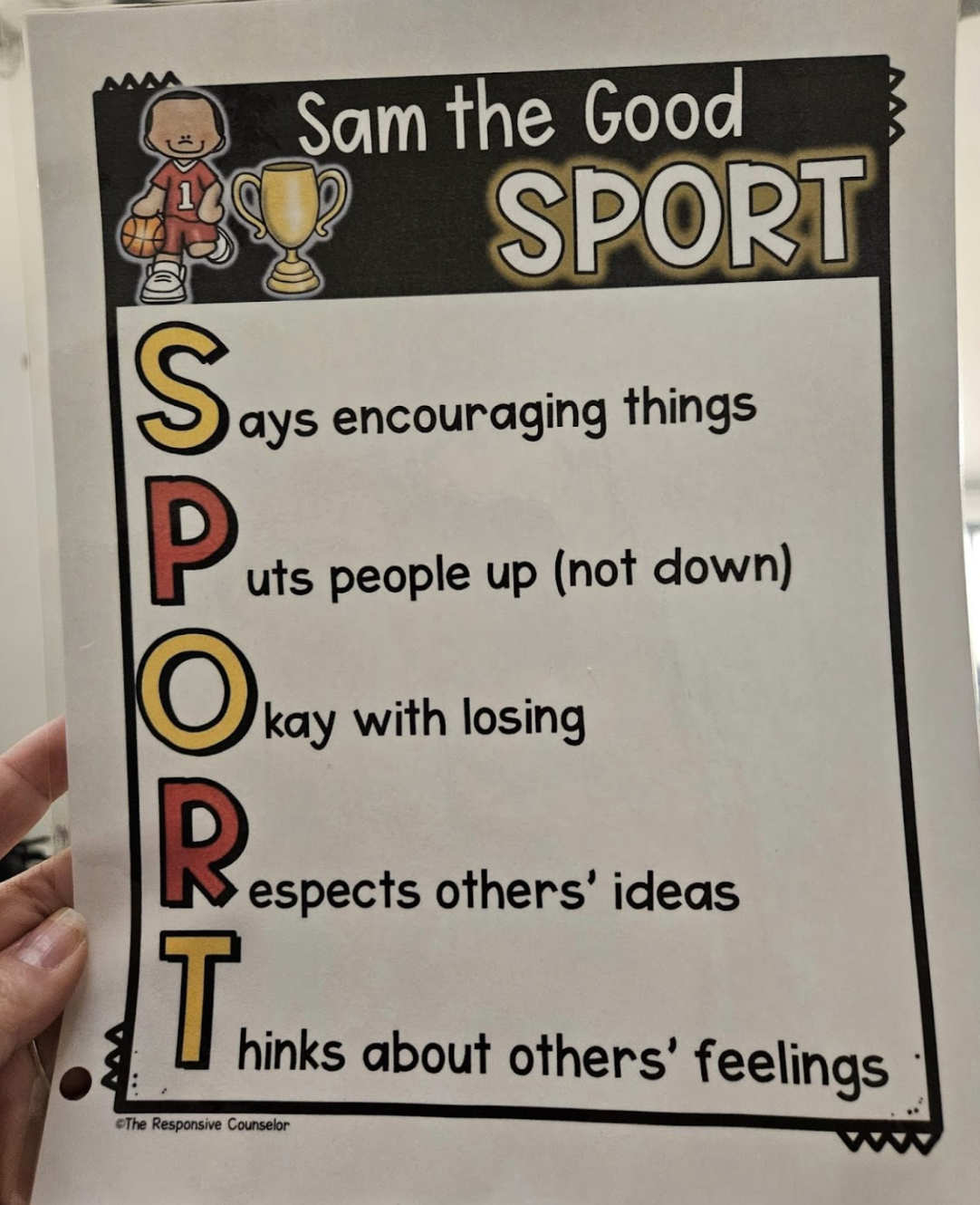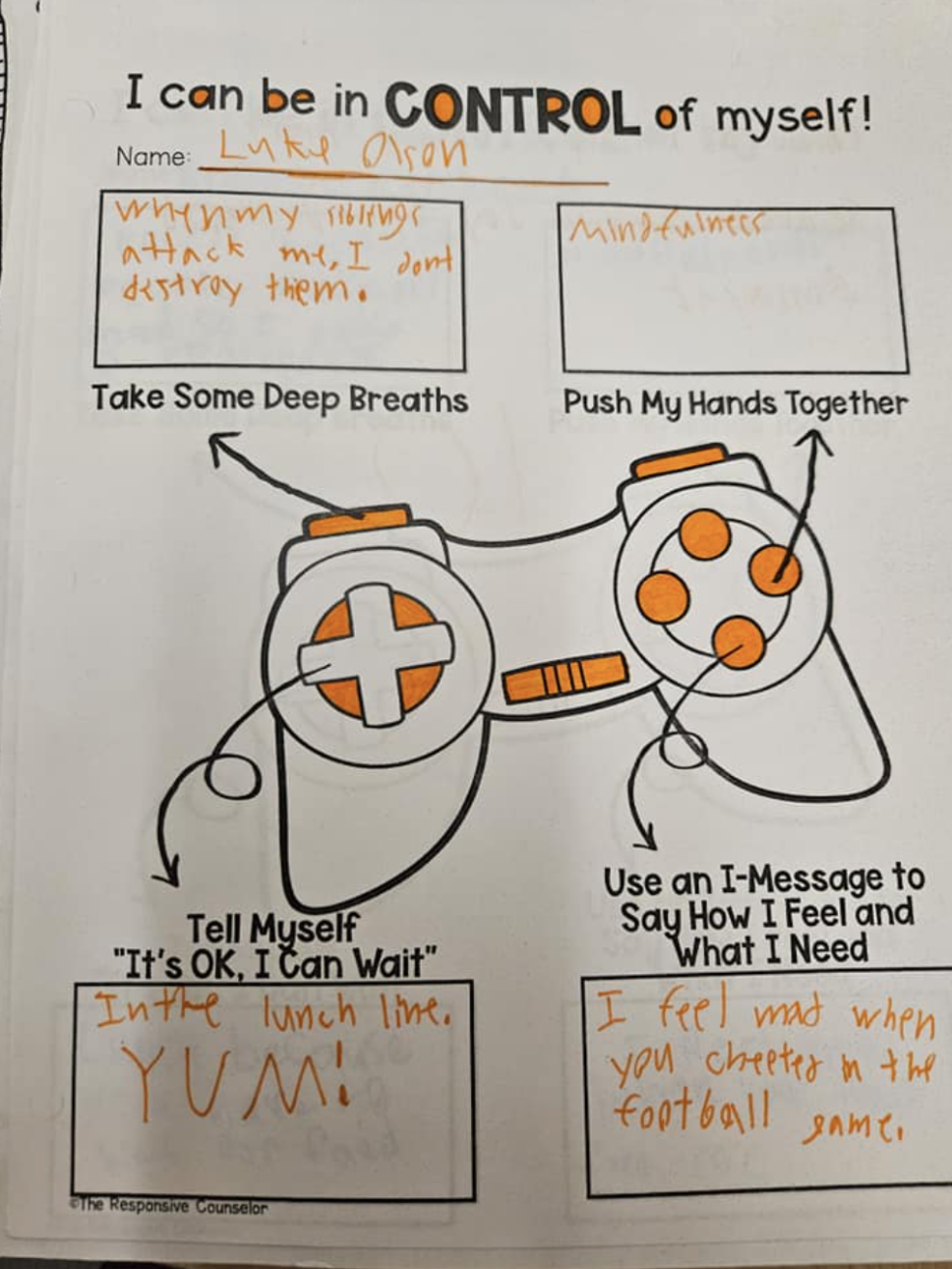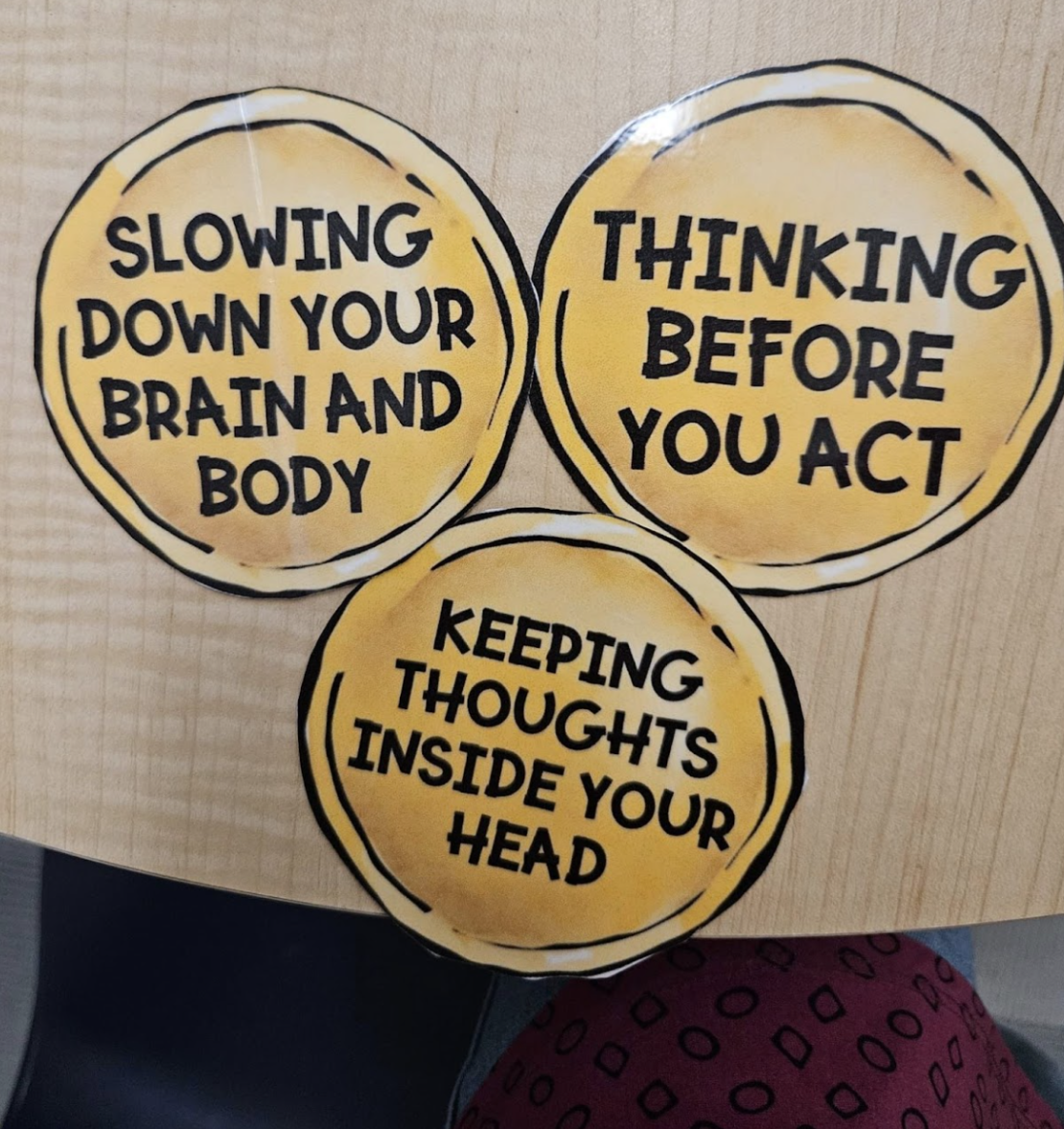Building Relationships through Small Group
It is said that the best learning happens when the needs of the whole child are met. This is a fundamental belief that has driven the educational system for many years. More importantly, it's embedded in the mission, values and mindset of the adult crew here at Detroit Prep. At Detroit Prep we are constantly seeking ways to support and strengthen our scholar’s needs and build healthy relationships - whether it's our practice of mindfulness after lunch, after school programs or random check-ins with scholars throughout the day. No matter the interaction, whether big or small, the focus and efforts are clearly scholar-centered. That's why when I was presented with the opportunity to co-lead a boy’s group with Ms. Aly, our school’s social worker and my crew buddy, I didn't hesitate to say yes and jump right in.
“Be More Awesome!”
This group was designed to support 3rd-4th grade boys to make responsible choices, practice self-control, emotional regulation, and good sportsmanship. We will meet weekly on Thursdays from 10:45-11:30am for 10 weeks.
Going-in I didn’t fully know what to expect, but I was aware of the possible positive outcomes and the major impact that could be made. I could never imagine that investing time with scholars in and outside of my own Fir Crew would play such an important role in a scholar's lives, or facilitate such a strong foundation for incoming 4th graders. Nor did I expect for this opportunity to lead me through a journey of self discovery where I was forced to self reflect on my own social emotional strengths, weaknesses and strategies. So that I can then in turn use them to help leverage the development and growth of the overall group.
My experience allowed me to build relationships and make connections with scholars who I might not have. Alongside Ms. Aly we were able to foster strong relationships and facilitate awesome conversations. This then empowered the work where we were able to not only help focus the individual efforts of the scholars, but set attainable goals, provide feedback and build community.
We spent a total of about ten, 45 minute sessions together where we played games, ate snacks, laughed, and more importantly reflected on our day to day challenges, triggers and socio-emotional well being. This allowed us to foster a community where everyone felt safe to express their feelings and challenges. It encouraged us to strategize and lean on the resources and strategies that we learned and practiced during our time together. In short it allowed us to become better managers of ourselves and overall better members of the community and crew. Listed below are a few of the topics, sessions and activities that we covered.
Below are some examples of our session topics:
Week 1
In group we finished reviewing coping strategies - the skills that you use to help you deal with a strong feeling. Coping strategies won't make us feel completely better. However, they do lessen the intensity of a feeling so that it can become more manageable.
Examples might be taking a break from a frustrating homework problem and taking a walk outside. Or if your student is having anxiety about something coming up, a helpful coping skill might be to take deep breaths and say some affirmations (e.g. "I can do hard things," or "I am safe."
Students were given the opportunity to create fortune tellers and practice their coping skills with partners.
We then played coping skills BINGO! Overall, students had a strong sense of activities they could do when experiencing an uncomfortable feeling. We are continuing to focus on meeting our group expectations each week, especially working on having safe bodies when in our group and not speaking over each other.
Week 2
Next, we began to focus on emotional expression.
We began by focusing on stuff that BUGS us, and about the feelings we have when we are upset. Everyone, even adults, struggle with things that irritate us. What’s difficult for students is that they don’t have as much experience about what they can do when they are feeling frustrated, worried, angry, or any other uncomfortable feeling.
The 6 "uncomfortable" feelings we have discussed are the following:
Frustrated Fly (ex: when things are not going our way)
Worried Wasp (ex: the feeling that something bad is going to happen)
Angry Ant (ex: the feeling when you feel like someone has done something wrong to you)
Disappointed Dragonfly (ex: the feeling you have when you were really hoping something would happen a certain way and it doesn’t)
Sad Spider (ex: the feeling you get when you get bad news or something is really wrong)
Confused Cricket (ex: when you don’t understand what’s going on)
Week 4
We continued to review our topic of self-control. As a reminder, self-control is the ability to think before making a decision, and controlling our impulses - even when it's difficult.
Student's reviewed 6 different strategies that support self-control. These included:
Thinking before you act
Stopping yourself from doing something you know you shouldn't
Being ok with not getting your way
Keeping thoughts inside your head
Slowing down your brain and body
Being patient and waiting your turn
Students shared examples from their own lives of when they used one of these strategies. We then practiced using these strategies by playing giant jenga! Students needed to cooperate and take turns, using supportive words with each other, and control their bodies so that the tower did not fall. When we show self-control, we are more likely to be able to participate in activities, be heard, and have fun!
Not only did these activities help us to think about and share our experiences but they also allowed us to think about ways to improve our situations and communicate our feelings. Many children and even adults find it difficult to express how they’re feeling. This can be due to a lack of confidence, not feeling valued or even feeling unheard. What made this experience unique is that week to week you could see the growth and development. Scholars were more aware of their feelings and emotions.
This in turn allowed them to take inventory of why they were feeling what they were feeling and then either communicate this feeling as needed or access their toolkit of resources and strategies to self-manage and tackle the challenges head-on. Whether it's becoming frustrated in learning challenging material, losing to a friend in a game or having a disagreement with a crew mate, scholars expressed with confidence their ability to lean on their strengths and persevere through.
Working within the group to identify and express feelings was beneficial. The real work began when scholars were taught how to manage their emotions. Through engaging and collaborative games scholars were able to learn strategies that could be used regularly at any time. Finding and learning constructive ways to interact and deal with our emotions and interact with one another was one of the guiding key points of our time spent together. Scholars were able to become self-aware and better understand their motivations, thoughts and emotions. Developing these skills in return can help scholars inside and outside the classroom. Moreover, knowing that your crew buddy and you made a positive impact on a scholar’s life, provided them with the opportunity and resources needed to be successful in and out of school.


